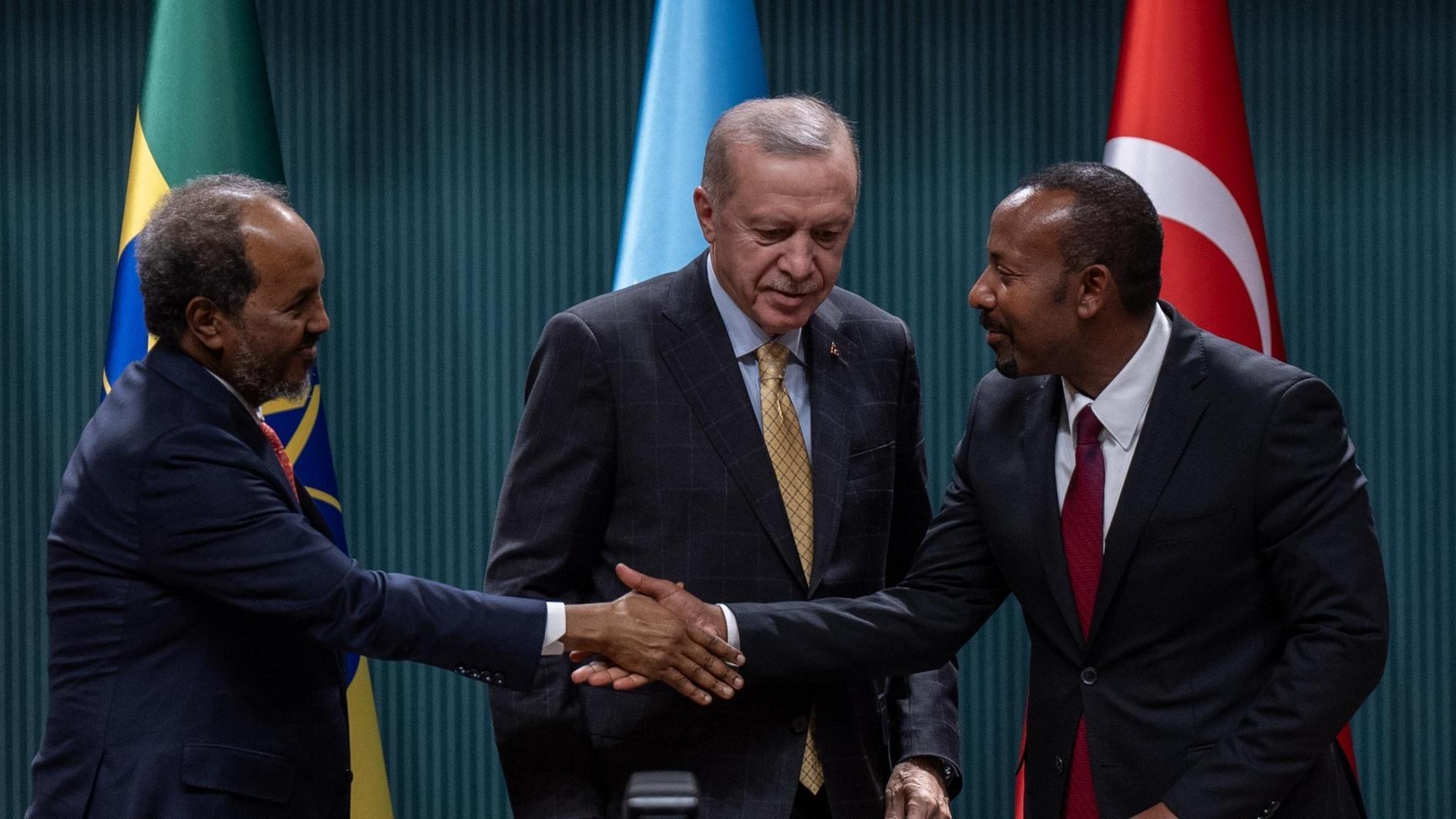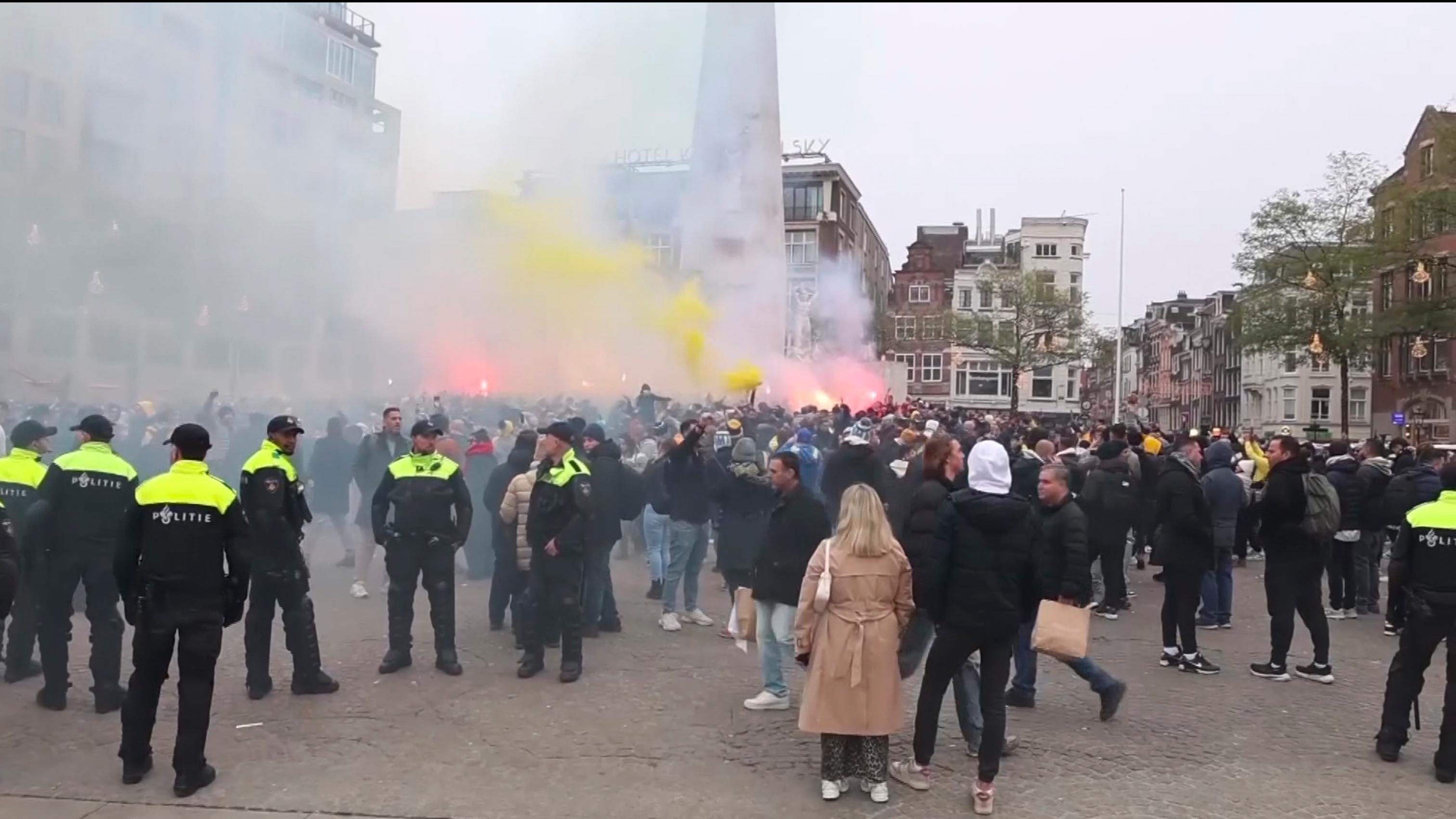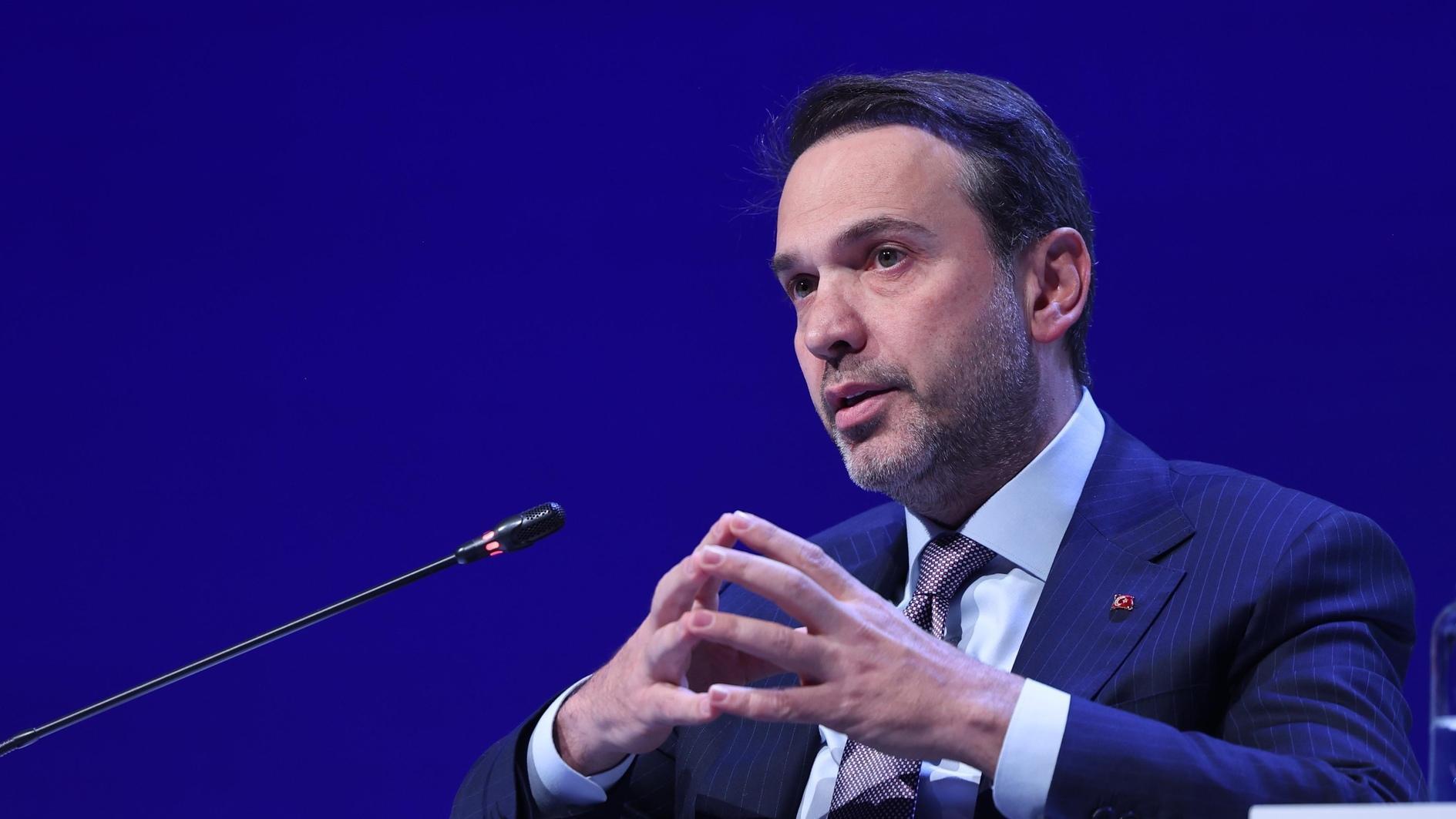Netanyahu’s Likud agrees pact with ultranationalists
JERUSALEM

Israeli Prime Minister Benjamin Netanyahu (C) speaks during a Likud central committee meeting in Tel Aviv. He tells members of the Likud that the party will continue its own way in preserving their heritage, economy. REUTERS photo
Israeli Prime Minister Benjamin Netanyahu on Oct. 29 overcame opposition within his party to an alliance with a far-right group that opinion polls predict will help him triumph in a January election.“In the face of the security and financial challenges we need unity and responsibility,” Netanyahu told members of the Likud’s governing central committee convened in Tel Aviv to vote on his proposal for a partnership with the far-right party headed by Foreign Minister Avigdor Lieberman. “At this time, it’s essential that national camp unites forces. That’s why I asked Lieberman to run with the Likud,” Agence France-Presse quoted as he saying.
Netanyahu had angered many Likud party faithful with a surprise remark on Oct. 25 of the merger with Lieberman’s party. Netanyahu stressed that his party would remain independent, and “continue our way in preserving our security, heritage, economy.”
Some of Likud’s 3,700-member ruling body tried to stall the vote by petitioning for a secret ballot, but the alliance won a quick show of hands after Netanyahu pledged in a speech that the move would “not change Likud” or supplant its leadership, according to Reuters.
Meanwhile, Netanyahu will today travel to France for talks with President Francois Hollande with the Iranian nuclear threat topping the agenda.
Israeli policy illegal: NGOs
A total of 22 NGOs active in the Palestinian territories accused the EU of propping up Israeli settler policy by doing booming business with settlements even though it views them as “illegal under international law.” Hans Van Den Broek, a former EU foreign policy chief, said it was urgent to agree “concrete measures” to contain settlement construction, which he said was the main factor blocking the peace process. BRUSSELS - Agence France-Presse
















